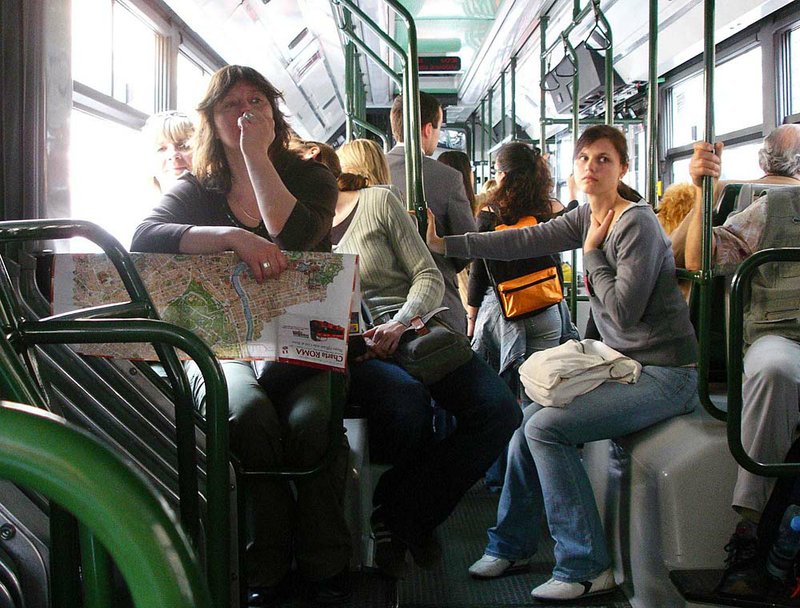LITTLE ROCK — You’re winging your way across Europe, having the time of your life, when you make a simple mistake. You set your bag down as you slurp an extra-large gelato, and before you know it your bag is gone. Unfortunately, today’s the day you tucked your passport, credit cards, and extra cash in your bag instead of in your money belt. That sinking feeling is the realization that - except for the euro or two in your pocket - you’ve lost everything.
Odds are this won’t ever happen to you. But if it does, these tips can make even this worst-case scenario a minor bump in your European adventure.
Don’t panic. First of all, take a breath. Panic clouds your judgment. And don’t beat yourself up. Even the most careful traveler can get ripped off. I once met a family in Amsterdam who managed to lose all their bags between the airport and their first hotel, and went on to have a very successful trip.
Ask for help. If you’re in a country where little English is spoken, enlist the help of a local English-speaker to assist you in making phone calls or explaining the situation to police. Try your hotelier or someone at thetourist office. Fellow travelers you’ve met can also be sources of help.
File a police report. Find a police officer and report the theft or loss. Having a police report may help with replacing your passport and credit cards, and is a must if you file an insurance claim for a lost railpass or expensive travel gear.
Use the Internet. Get online at your hotel (if they don’t have a public Internet terminal, explain the situation and ask if you can use their reception-desk computer). If you’re between hotels, look for free Internet access at the tourist office or a library. Use the Internet to find contact details for the nearest U.S. embassy and your bank, retrieve information you havestored online, or solicit help from folks back home.
Replace your passport. This is your top priority. Without a passport, you can’t leave the country, and you’llfind it difficult to check in to a new hotel or receive wired funds. To replace your passport, you’ll need to go in person to the closest American embassy (usually in the capital city) or consulate (in major towns).
A replacement passport costs $140 and can generally be issued within a few days, or faster if you make a good case that you need it right away. If you don’t have the money, the embassy will help you contact someone at home who can wire money directly to the embassy.
Cancel debit and credit cards. Within two days, cancel your lost or stolen debit and credit cards (limiting your liability to $50) and order replacements. Their toll-free numbers don’t work overseas; call the global customer-assistance centers collect - Visa: (410) 581-9994; MasterCard: (636) 722-7111; American Express: (623)492-8427. You’ll need to tell them the name of the bank that issued the card and the type of card; it helps if you can also provide your credit card number and identification-verification details. Your bank can generally deliver a new card to you in Europe within two to three business days.
To avoid losing it all, beprepared. Wear a money belt. Keep a few $20 bills in a separate bag or hidden somewhere on your person. If you’re traveling with a partner, carry photocopies of each other’s passports, other important documents, and fronts and backs of credit cards. Or store important documents in a passwordprotected account online (though be aware that, especially for financial information such as credit-card numbers, this does posesome security risk).
Keep track of your stuff. You’re more likely to inadvertently lose your bag than to have it stolen. I’ve heard of travelers leaving passports under pillows, bags on the overhead rack on the bus, cameras in the taxi, and once even a backpack under a bush beside a hiking trail. You’re especially vulnerable when you’re tired, confused or using public transportation. Don’t absentmindedly set a bag down next to youwhile you wait in line at the train station; always be in physical contact with your stuff.
Whatever happens, try to make the best of the situation. Be flexible and patient. It may not help at the time, but try to remember that your loss will make for a good story when you get home. Like a friend says, “When it comes to travel, tragedy plus time equals comedy.” Send e-mail to Rick Steves at [email protected]
Travel, Pages 49 on 02/27/2011

